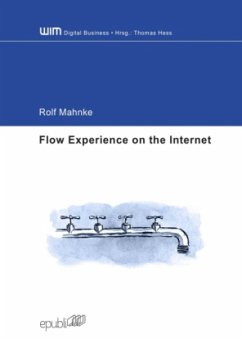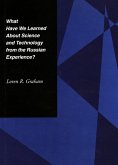Just as recently as in the beginning of the third millennium, a "new era" of psychology has been established, which decidedly addresses the enhancement of positive aspects of human life (e.g., a satisfactory, self-fulfilled, and productive life). With digital technologies being firmly integrated in our daily routines - be it at work or during leisure time - the work at hand strives for an interdisciplinary approach towards a positive design of user experience.In this endeavor, the theory of flow by Mihaly Csikszentmihalyi seems to provide a very useful framework - modeling the requirements of intrinsically motivated user behavior in a manageable way. Flow is the psychological state of deep focus while conducting a fluent activity, which is experienced by approximately 90% of the population. A flow design of digital technologies is supposed to result in a win-win situation, not only for users but also for suppliers from a business perspective. While flow is an enjoyable state of optimal information reception and processing (ideally resulting in personal growth) that goes far beyond just serving basal needs, it also leads to various positive managerial effects, such as increased loyalty towards information systems usage (e.g., website usage).»Flow Experience on the Internet« seeks - faced with a highly inconsistent body of knowledge in information systems flow research - (1) to gain a thorough theoretical understanding of flow experiences during the use of websites, based on the status quo of flow research in motivational psychology, and to (2) show a path to gain concrete knowledge on how to design websites for flow - towards a new user experience design approach.
Bitte wählen Sie Ihr Anliegen aus.
Rechnungen
Retourenschein anfordern
Bestellstatus
Storno








